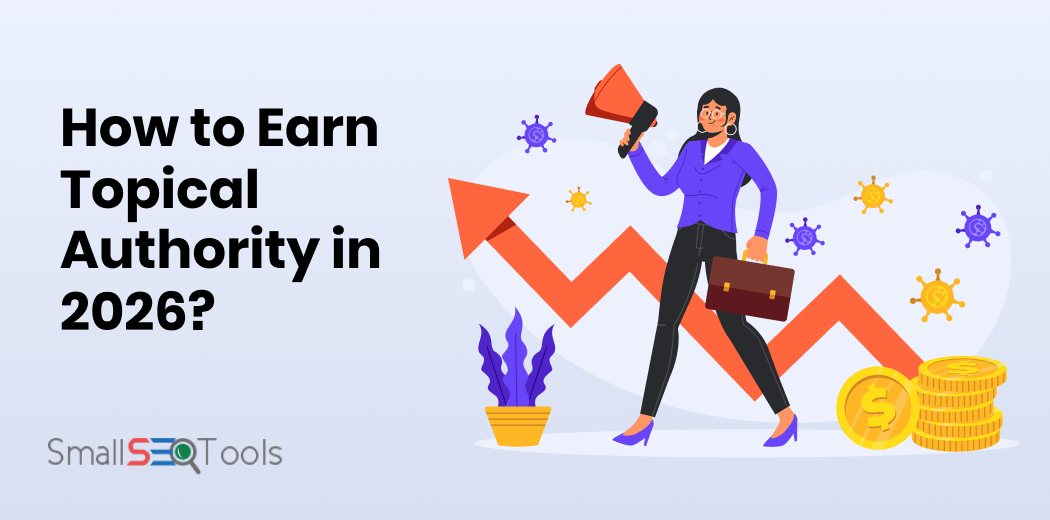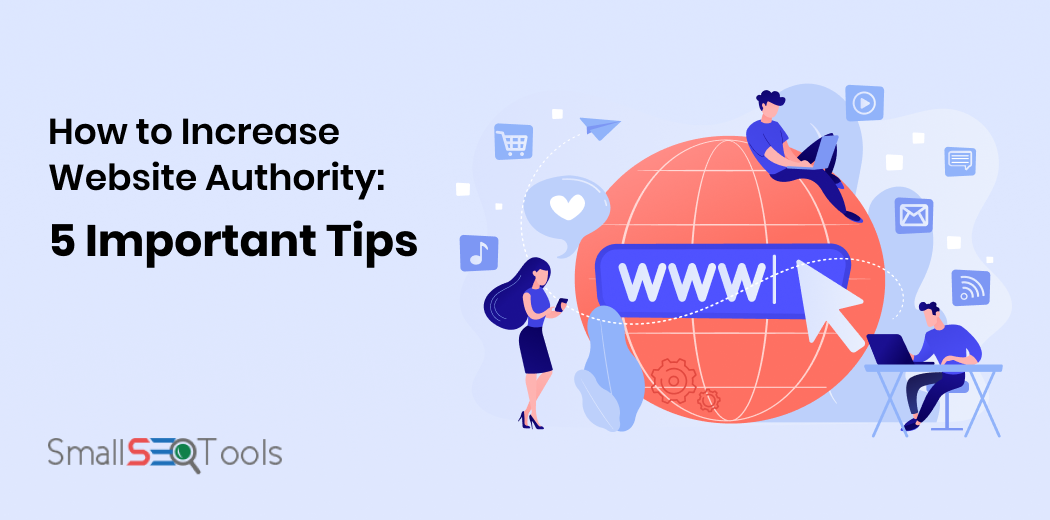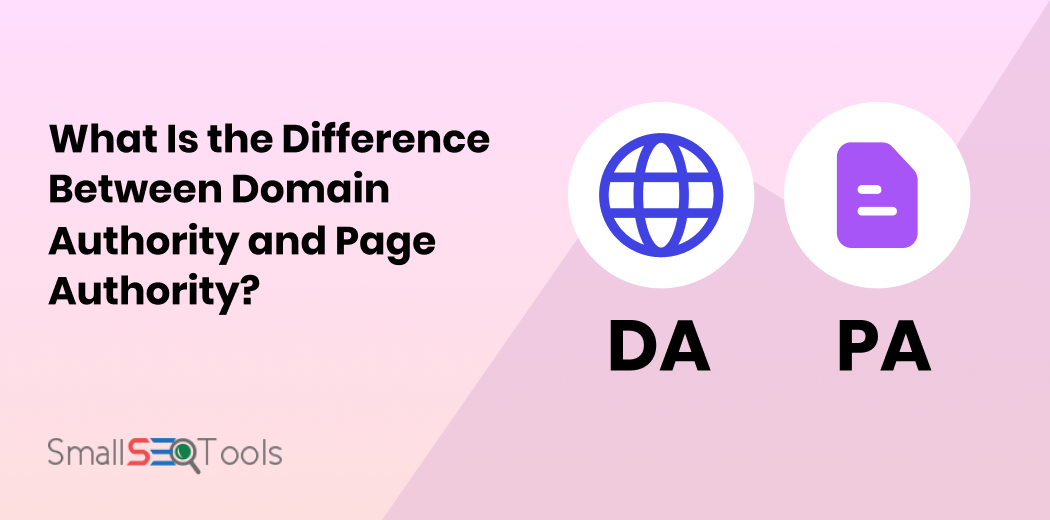SEO Lies and Misconceptions That You Probably Believe

If you want to know the truth, you have to face the lie(s) first. Admitting you are wrong is the first step towards personal improvement.
That’s true no matter where you choose to apply it, but for now let’s focus on how you can grow as an internet marketer by facing your misunderstandings.
First of all, it’s not your fault…
There is some blatantly bad information out there.
In the world of search engine optimization and internet marketing, there are conflicting views typically described as “black hat” and “white hat”. It almost seems like these perspectives are at war with each other.
To make things even more confusing, there is a middle ground area and that is known as “silver hat” or “grey hat”.
Appropriate, yes. But it doesn’t make things any easier when you are looking for the one-right-way to maintain a profitable website.
A simple goal and several complicated methods of achieving it. The advice you receive depends on who you ask (or who mentors you) and therein lies the problem.
So if any of these SEO lies and misconceptions apply to you, it’s not your fault…
#5. It is a constant uphill battle,
trying to outsmart search engine algorithms so you can maintain a favorable position in search engine results.
This misconception is very common with those of the black hat persuasion, because for them it is probably true.
To put it all into a nutshell, black hat SEO is all about using deceptive strategies to outsmart the search engine algorithms. The goal is to “cheat the system” for top placement in keyword results. We can’t say that it doesn’t work… but we can say that it’s used mostly by spam-filled sites that offer nothing of substantial value. In other words, these sites could not survive on the front page by following white hat strategies because there is nothing of human-oriented value. Hence, the need to “outsmart search algorithms” (that are designed to filter out spam sites with no human-oriented value).
So here’s the truth: search engine algorithms are frequently changed and updated to keep results clean of spam and junk and full of quality content or websites. If you are looking for a way to cut corners now, then yes you will be spending more time and money in an ongoing battle against search engine algorithms.
On the other hand, sustainable SEO (as opposed to aggressive SEO) is playing it safe which allows you to maintain peace of mind when the next Penguin, Panda, or Armadillo is released.
#4. Most guidelines for SEO content…
The post-Panda focus on quality content is widespread and can be found among all shades of hats but outside of tired expressions (“content is king”). This is something you either get, or you don’t.
By strictly following any of these SEO content guidelines (which can be traced back to when dinosaurs roamed the earth?) you will be setting yourself up for the biggest misconception of all.
- You need to publish ___ blogs every ___ week.
- Every page should be a minimum of 500 words.
- The keyword density should be 1-2% for secondary keywords, and no more than 3% for primary keywords.
The truth: these guidelines are bull, but they have been around so long that it might even be second nature to follow them.
- Quality matters. Quantity doesn’t. (However, it’s a good idea to publish regularly so your website doesn’t go stale or outdated.)
- There has never once been a credible statement claiming that word count has any impact on the search engine ranking of a web page. Ever. I dare you to find one!
- Avoid using any keywords too much. Duh. But when you actually count keywords, you’re probably not using them naturally.
Keyword placement, however, does matter.
#3. SEO is too hard to understand, so you should hire somebody to do it for you.
This one is obvious… you’ve probably heard it from anyone who (drum roll…) offers SEO services.
The truth: there are many advantages to working with a structured SEO agency, or even an independent service provider who specializes in search engine optimization and/or internet marketing. It’s well worth the investment, and as always you will have better results when you hire an expert.
However, many small businesses don’t have the resources to handle the extensive expense of an “SEO guy”. Luckily you can still obtain basic SEO skills through reputable workshops and training or studying, although it should be done by an in-house team member who is already familiar and comfortable with “computer stuff”, especially as it pertains to the internet.
#2. There is only one right way to do SEO. My way.
Stemming from the conflicting opinions of black vs. white hat SEO, there seems to be a misconception that there is just one right way to establish and maintain an optimal position in search engines. Obviously, the battle would have ended long ago if this were the case. Instead, there are multiple strategies that do work.
The truth is simple… find the way that works best for you. It probably won’t be identical to any method that worked for somebody else. (Keep that in mind before wasting your money to learn any “proven system”.)
#1. SEO is dead. (Or becoming obsolete.)
While it certainly grabs your attention in a headline, it’s also followed by an agenda or ulterior motive to sell the “next big thing.” Sure, there are new trends that pack some mighty power, and several aren’t going to change. Social media marketing is one example.
The truth: nothing is going to replace SEO. Likewise, SEO is never going to be any less important. However, if you obsess about search engine placement as the number one priority of your website… that should change.
The fundamentals of SEO are simple. Let search engines know what your website is all about, so when somebody searches for your product/service/information they can find your website. Easy breezy! Overcomplicating SEO may gradually become a thing of the past for many internet marketers, but it will never be dead. Search engines will always be the #1 leading source of information, and inclusion in search engine results is ultimately the foundation of a successful website.
If you want to know the truth, you have to face the lie(s) first. Admitting you are wrong is the first step towards personal improvement.
That’s true no matter where you choose to apply it, but for now let’s focus on how you can grow as an internet marketer by facing your misunderstandings.
First of all, it’s not your fault…
There is some blatantly bad information out there.
In the world of search engine optimization and internet marketing, there are conflicting views typically described as “black hat” and “white hat”. It almost seems like these perspectives are at war with each other.
To make things even more confusing, there is a middle ground area and that is known as “silver hat” or “grey hat”.
Appropriate, yes. But it doesn’t make things any easier when you are looking for the one-right-way to maintain a profitable website.
A simple goal and several complicated methods of achieving it. The advice you receive depends on who you ask (or who mentors you) and therein lies the problem.
So if any of these SEO lies and misconceptions apply to you, it’s not your fault…
#5. It is a constant uphill battle, trying to outsmart search engine algorithms so you can maintain a favorable position in search engine results.
This misconception is very common with those of the black hat persuasion, because for them it is probably true.
To put it all into a nutshell, black hat SEO is all about using deceptive strategies to outsmart the search engine algorithms. The goal is to “cheat the system” for top placement in keyword results. We can’t say that it doesn’t work… but we can say that it’s used mostly by spam-filled sites that offer nothing of substantial value. In other words, these sites could not survive on the front page by following white hat strategies because there is nothing of human-oriented value. Hence, the need to “outsmart search algorithms” (that are designed to filter out spam sites with no human-oriented value).
So here’s the truth: search engine algorithms are frequently changed and updated to keep results clean of spam and junk and full of quality content or websites. If you are looking for a way to cut corners now, then yes you will be spending more time and money in an ongoing battle against search engine algorithms.
On the other hand, sustainable SEO (as opposed to aggressive SEO) is playing it safe which allows you to maintain peace of mind when the next Penguin, Panda, or Armadillo is released.
#4. Most guidelines for SEO content…
The post-Panda focus on quality content is widespread and can be found among all shades of hats but outside of tired expressions (“content is king”). This is something you either get, or you don’t.
By strictly following any of these SEO content guidelines (which can be traced back to when dinosaurs roamed the earth?) you will be setting yourself up for the biggest misconception of all.
- You need to publish ___ blogs every ___ week.
- Every page should be a minimum of 500 words.
- The keyword density should be 1-2% for secondary keywords, and no more than 3% for primary keywords.
The truth: these guidelines are bull, but they have been around so long that it might even be second nature to follow them.
- Quality matters. Quantity doesn’t. (However, it’s a good idea to publish regularly so your website doesn’t go stale or outdated.)
- There has never once been a credible statement claiming that word count has any impact on the search engine ranking of a web page. Ever. I dare you to find one!
- Avoid using any keywords too much. Duh. But when you actually count keywords, you’re probably not using them naturally.
Keyword placement, however, does matter.
#3. SEO is too hard to understand, so you should hire somebody to do it for you.
This one is obvious… you’ve probably heard it from anyone who (drum roll…) offers SEO services.
The truth: there are many advantages to working with a structured SEO agency, or even an independent service provider who specializes in search engine optimization and/or internet marketing. It’s well worth the investment, and as always you will have better results when you hire an expert.
However, many small businesses don’t have the resources to handle the extensive expense of an “SEO guy”. Luckily you can still obtain basic SEO skills through reputable workshops and training or studying, although it should be done by an in-house team member who is already familiar and comfortable with “computer stuff”, especially as it pertains to the internet.
#2. There is only one right way to do SEO. My way.
Stemming from the conflicting opinions of black vs. white hat SEO, there seems to be a misconception that there is just one right way to establish and maintain an optimal position in search engines. Obviously, the battle would have ended long ago if this were the case. Instead, there are multiple strategies that do work.
The truth is simple… find the way that works best for you. It probably won’t be identical to any method that worked for somebody else. (Keep that in mind before wasting your money to learn any “proven system”.)
#1. SEO is dead. (Or becoming obsolete.)
While it certainly grabs your attention in a headline, it’s also followed by an agenda or ulterior motive to sell the “next big thing.” Sure, there are new trends that pack some mighty power, and several aren’t going to change. Social media marketing is one example.
The truth: nothing is going to replace SEO. Likewise, SEO is never going to be any less important. However, if you obsess about search engine placement as the number one priority of your website… that should change.
The fundamentals of SEO are simple. Let search engines know what your website is all about, so when somebody searches for your product/service/information they can find your website. Easy breezy! Overcomplicating SEO may gradually become a thing of the past for many internet marketers, but it will never be dead. Search engines will always be the #1 leading source of information, and inclusion in search engine results is ultimately the foundation of a successful website.











